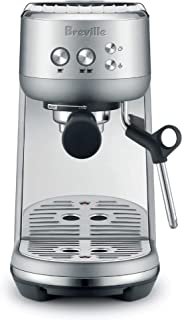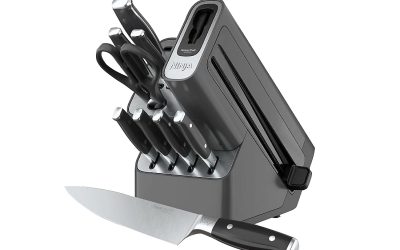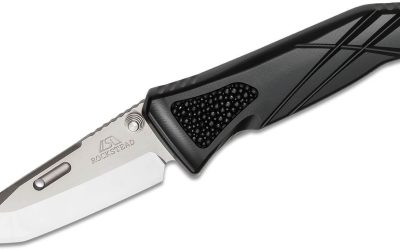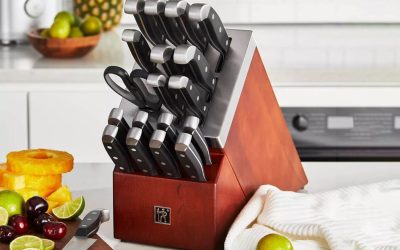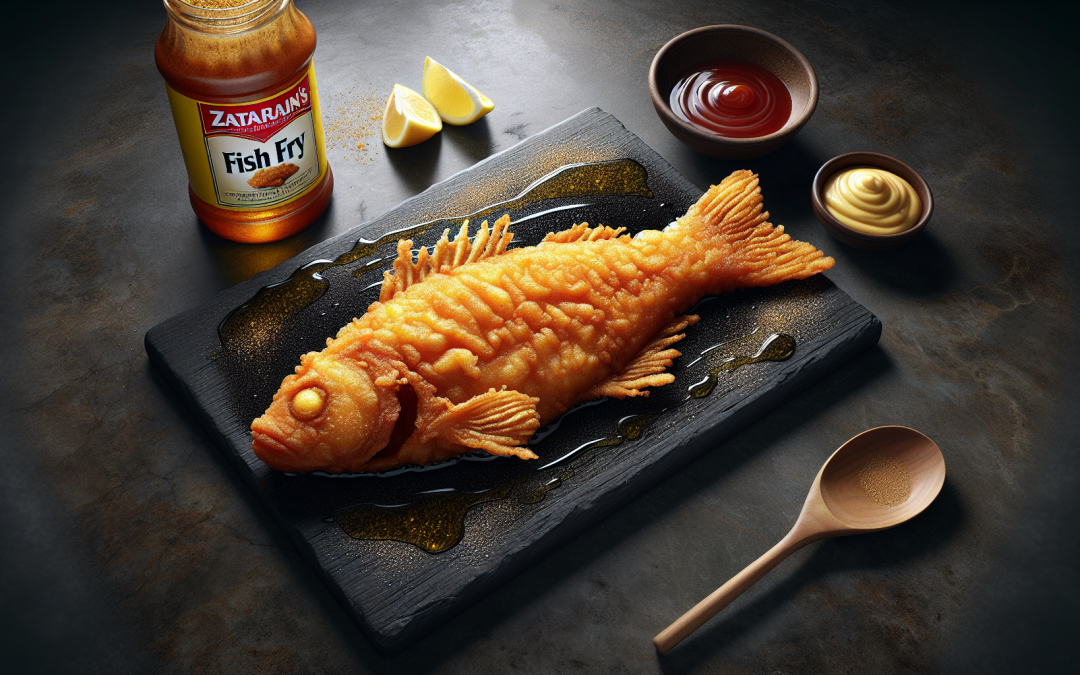Breville Bambino Espresso Machine Review
A Review of the Breville Bambino Espresso Machine
The product in question is the Breville Bambino Espresso Machine, a coffee appliance that comes bundled with various accessories including a small milk frothing pitcher, a plastic tamper, single and double portafilter baskets (both pressurized and non-pressurized), and a pack of descaling solution. While the machine itself performs well in terms of its quick 3-second heat-up time and the ability to create excellent lattes when paired with an off-brand grinder, some aspects of its design and materials raise concerns.
One notable issue with the Bambino Espresso Machine is the quality of the portafilter, which is perceived as cheaply made and primarily constructed from plastic. Users have reported that it's a tight fit and can be challenging to attach and detach from the machine, often requiring significant effort. The basket removal process also seems problematic, sometimes necessitating the use of a knife. Comparing it to the sturdier and metal portafilter of the Breville Cafe Roma, users feel that the materials used in the Bambino make it feel like a downgrade rather than an upgrade. This has led some to consider spending an additional $75 on a higher-quality portafilter to enhance their coffee experience. Additionally, there are concerns about the drip tray not fitting together well and the water tank at the back of the machine becoming easily detached and causing water spills during movement, which can be particularly troublesome for those with limited kitchen space.
Despite these material and design issues, the Breville Bambino Espresso Machine has its merits, including a quick heating time, efficient steam wand for creating cappuccino foam, and the ability to adjust the pump-run time for customized water volume. However, there are reservations about the overall build quality and longevity of the machine, with concerns that the plastic components may not hold up well over time. While the machine provides potential for espresso enthusiasts without breaking the bank, some users may opt for more robust and enduring alternatives in the long run.
How Does This Set Compare to Others?
We compiled data from various sources to provide some ratings about how this particular item compares to others of the same brand, and other comparable items from other brands.
| This Machine | This Brand | All Coffee & Espresso | |
|---|---|---|---|
| Blending Power | 4 | 4.25 | 4.25 |
| Easy to Clean | 4.2 | 4.34 | 4.34 |
| Giftable | 4.4 | 4.43 | 4.43 |
| Quality of Material | 4.4 | 4.48 | 4.48 |
| Durability | 4.4 | 4.39 | 4.39 |
| Value for Money | 4.4 | 4.20 | 4.20 |
| Flavor | 4.3 | 4.38 | 4.38 |
| Sturdiness | 4.4 | 4.44 | 4.44 |
| Easy to Use | 4.3 | 4.24 | 4.24 |
| Noise Level | 4.4 | 4.41 | 4.41 |
Brand:
Color:
Coffee Maker Type:
Filter Type:
Specific Uses:
Weight:
Dimensions:
Included Components:
Operation Mode:
What to Look for in a Quality Espresso Machine
What to Look for in a Quality Espresso Machine
Investing in a quality espresso machine can elevate your coffee experience and bring the cafe into your home. Whether you're a seasoned coffee connoisseur or just starting on your espresso journey, several key factors should guide your decision when selecting the perfect espresso machine.
1. Value for Money
When considering an espresso machine, think about the value it offers. While some high-end models come with impressive features, they might not always justify their price tags for everyone. Look for a machine that strikes a balance between cost and functionality, ensuring you get the features you need without overpaying.
2. Durability and Build Quality
A durable espresso machine is an investment that should last for years. Pay attention to the build quality, materials used, and the reputation of the manufacturer. Stainless steel components are known for their durability and resistance to corrosion, making them a popular choice in quality machines.
3. Flavor Quality
Ultimately, the taste of your espresso is paramount. The machine's ability to maintain precise temperature control and even extraction is crucial for delivering a balanced and flavorful cup. Look for machines with features like PID temperature control and low-pressure pre-infusion to enhance flavor quality.
4. Ease of Use
Espresso machines can range from fully manual to fully automatic. Choose one that suits your skill level and the amount of time you're willing to invest. Beginners might prefer machines with user-friendly interfaces, while experienced baristas might opt for more manual control.
5. Milk Frothing Capability
If you enjoy milk-based espresso beverages like lattes and cappuccinos, the machine's milk frothing capability is crucial. Look for machines with powerful steam wands or automatic frothing systems to achieve silky microfoam for latte art or creamy steamed milk.
6. Size and Space
Consider the available space in your kitchen when choosing an espresso machine. Some models are compact and suitable for smaller kitchens, while others may require more counter space. Ensure the machine fits comfortably and doesn't disrupt your kitchen setup.
7. Cleaning and Maintenance
Espresso machines require regular cleaning to maintain performance and flavor quality. Look for machines with removable and easy-to-clean components. Some models also have self-cleaning features to simplify maintenance.
8. Brand Reputation and Reviews
Research the reputation of the brand and read reviews from other users. A well-established brand with positive reviews often indicates reliability and customer satisfaction.
By carefully considering these factors, you can make an informed decision and select an espresso machine that meets your needs and delivers exceptional coffee every time.

